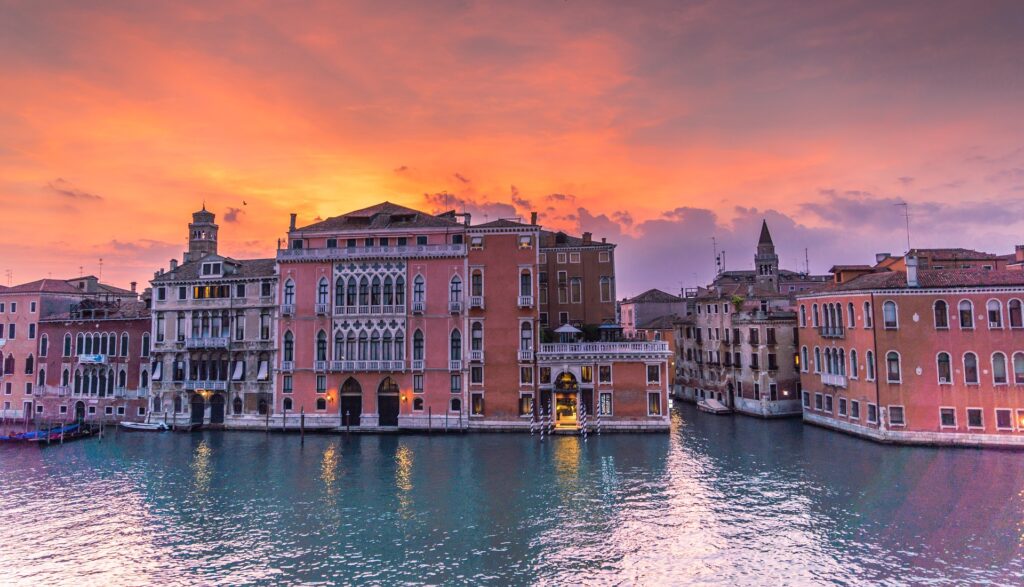FEAR OR HOPE? ENCOURAGING ENVIRONMENTALLY FRIENDLY BEHAVIOUR

The words ‘climate change’ often come with a sense of foreboding, an impending sense of doom that motivates us to try and do more. This may be as simple as using metal straws, keep cups or choosing to use public transport instead of private modes of transportation. However, after doing these small things, it can often be discouraging to open social media or read the news and see headlines that announce that the sky is falling; climate change is irreversible; our sea levels continue to rise and air quality is at an all-time low.
So it begs the question, does fear motivate us better than hope does? From the time we were children, there were two methods of getting us to behave; rewards like chocolate or stickers, or else timeouts. The same methods can be seen mirrored in things like anti-smoking campaigns – some show the devastating effects smoking can have, while others show how your body and health improve with every month you don’t smoke. The connection between these methods and climate change wasn’t apparent until the recent COVID-19 pandemic forced the world to stop travelling both internationally and locally. It seemed that people were clinging to the positive effects this had on the environment – the canals of Venice were clear for the first time and dolphins were spotted swimming near ports in Southern Italy. For what feels like the first time, we finally have some positive news to cling to in terms of the environment. Maybe we can make a permanent difference – our actions do have a drastic effect.
Another factor to consider in the debate between fear or hope as motivators is accountability. People generally behave the way they do because they feel accountable. The reason that businesses like Coles and Woolworths have switched out single use plastic bags is because they feel accountable for this wastage and they have an ethical duty to their consumers. A lot of the reason that people engage in sustainable practices is because they believe they are at least partially accountable for the destruction of the environment. Now, usually fear makes people feel accountable; if you drive drunk you are endangering others. But who’s to say that this is the case with climate change? Why can’t people feel positive accountability? We haven’t been travelling or contributing to pollution nearly as much recently, and we can see the positive impact we have made on the environment.
Do you think that using hope downplays the severity of climate change? Or is it a good technique to use to motivate people to keep engaging in sustainable practices? Have your say by writing in to the anthology!
 Previous Post
Previous Post Next Post
Next Post